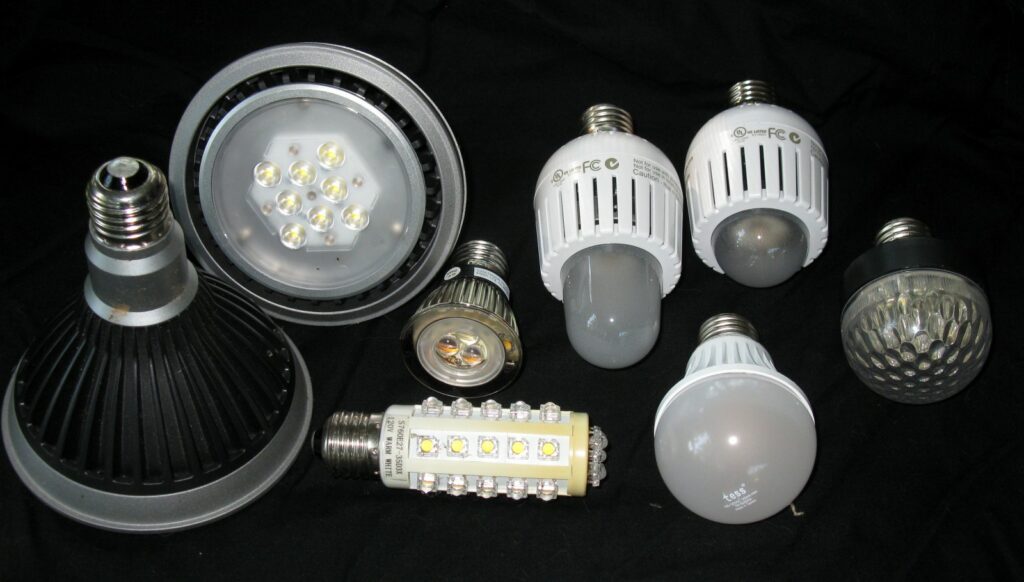Lighting manufacturers will be able to continue taking advantage of a loophole in design regulations allowing them to make false energy performance claims after the European Commission voted to exclude the sector from stricter regulations.
Under the Ecodesign Directive, verification tolerances are intended to be used by member state authorities to test manufacturer claims of performance. However, many believe manufacturers are using this 10% tolerance to achieve higher energy labels or meet regulatory requirements by adding this value to their own measurements.
An EU vote last week closed this loophole, meaning firms will no longer be able to test products like air conditioners, fridges and televisions using this margin of error between their advertised and actual energy consumptions.
But lighting products have been excluded from this ruling after the Commission claimed that applying it would have had too severe an impact, resulting in many lamp types being pulled from the market.
In a notification to the World Trade Organisation in February, the Commission said: “Data provided by lighting industry actors shows that many lamp types intended as alternatives to the least efficient banned types…would be entirely removed from the market…if manufacturers were prohibited from using the verification tolerances set out in these Regulations in the way that is current practice throughout the industry.
“It is therefore appropriate not to amend those three Regulations through this Regulation, but to clarify the intended use of the tolerances in conjunction with a reassessment of the related minimum requirements when those Regulations are next reviewed.”
This has sparked concerns from that the omission of false claims being considered “current practice throughout the industry” show the Commission is failing to protect consumers and may continue to do so.
Jack Hunter from the European Environmental Bureau and Coolproducts, a coalition of European NGOs working to improve ecodesign and energy labelling, told Clean Energy News this morning: “[The Commission] says it would have too big a market disruption and therefore the best way to deal with this problem would be in an ongoing merger of EU lighting regulations. The problem with that response is that when you look at that ongoing merger, there’s no reference at all to this loophole or closing it.
“It also begs the question, how did we get here? Why did the Commission sit on this amendment for years and years? It’s a bit of a lame excuse and it is essentially governments and the Commission condoning dodgy dealing on the part of the lighting industry.”
In response to these claims, Anna-Kaisa Itkonen, EU Commission spokesperson for climate action and energy, said: “The appropriate place for addressing the tolerances for lighting products is in the ongoing revision of the lighting ecodesign regulations.
“If the Ecodesign regulations on lighting products were clarified in a similar way, a strict application of the tolerances would have led to certain technologies, most notably some types of mains-voltage halogen bulbs, being banned. By contrast, the intention of the legislators, at the time of drafting the related implementing measure in 2009, was to keep those lamps on the market.”
“This is why the tolerance issue will be tackled in a separate process, namely within the on-going revision of the lighting ecodesign regulations. The Regulatory Committee pointed out last week the need to move quickly with the review of the lighting ecodesign regulations. The Commission committed to do so, as far as in its powers, in view of the already advanced process for revising these regulations,” she added.
According to a statement from Lighting Europe, the conclusion of the review is expected in September 2018 although Hunter added that this is no guarantee that the issue will be resolved.
Confidence in manufacturer claims is already low according to a study released by the Carbon Trust earlier this year, which found just 5% of professionals responsible for procurement of energy consuming equipment are highly confident in energy saving claims made by manufacturers.






